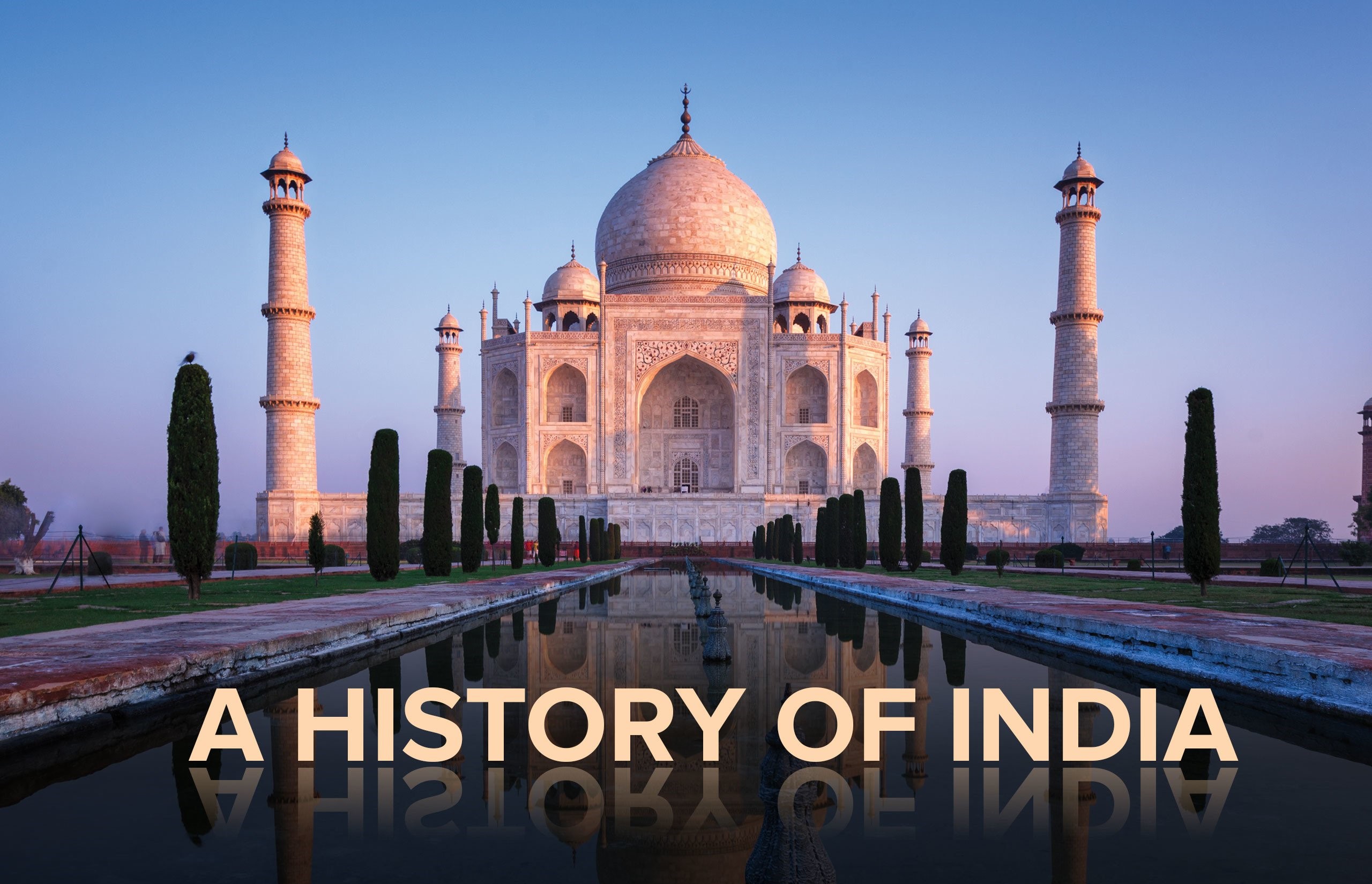Sufi Movement in medieval India
Sufi Movement
» Sufism is the mystical movement in Islam. The sufis while accepting the Shariat did not confine their religious practice to formal adherence and stressed cultivation of religious experience aimed at direct perception of God.
» The sufi doctrine was based on union with God which can be achieved through love of God, prayers, fasts and rituals, without reference to Hindu or Muslim.
Main Features
» Organised in different Silsilas (orders)
» Absorbed variety of ideas and practices from Hinduism, Christianity, Buddhism and Zorastrianism.
» Sufis aimed at service of mankind through spiritual self development
» Eager for Hindu-Muslim unity and cultural synthesis
» Opposed to orthodoxy, they preached faith and devotion to God
» Discouraged materialistic life but not in favour of complete renunciation
Sufi Saints
» Khwaja Ali Hujjwiri (11th Century)
Also Known as Data Ganj Baksh, the earliest Sufi saint of eminence known to have settled in India, the author of the celebrated manual of Sufism entitled ‘Kashf-ul-Mahjub'.
» Shaikh Bahauddin Zakariya (1182-1262)
The founder of the Suhara-wardi order who founded the first leading Khanqah in India at Multan.
» Khwaja Muinuddin Chisti (1141-1236)
The founder of the Chisti order-the first and most popular liberal Sufi order in India. He settled down at Ajmer about 1206. Other Chisti Sufi saints who followed khwaja Muinuddin Chisti or Khwaja Ajmeri were: Sheikh Hamiduddin Nagauri (1192-1274); Khwaja Qutubuddin Bakhtiyar Kaki, (died 1236) in whose memory Qutub Minar was built by Iltutmish; Baba Fariduddin Ganj-i-Shakar (1175-1265) popularly known as Baba Farid, built his Khanqah at Ajodan (Punjab) and was the first great Punjabi poet of Sufism; Shaikh Nizamuddin Auliya (1236-1325) who gained the popular title Mehboob-i-Ilahi (the beloved of the God), built his Khanqah in Delhi and was one of the most famous Sufi saint of the Chisti Order; Shaikh Nasiruddin Mahmud (d.1365), the charismatic Chisti saint, who was later known as Chirag-i-Delhi (the Lamp of Delhi); Syed Muhammad Gesu Daraz (d. 1421) who settled down at Gulbarga (Karnataka) was popularly known as Bandanawaz (Benefactor of God's creatures) and authored more than 30 books on Sufism-he was one of the early writers and poets in Urdu.
» Shaikh Badruddin Samarkandi (13 Century)
Founded Firdausi order which was restricted to Bihar.
» Shah Nayamatu lah Qadiri and Shah Abdullah Shuttari (15th Century)
Shah Nayamatullah Qadiri founded the Qadiriya order and Shah Abdullah Shuttari (1458) founded the Shuttari order. The former spread in Uttar Pradesh and Deccan, while the latter spread mainly in Madhya pradesh and Gujarat. Miyan Mir (1550-1635) was the most popular Sufi saint of the Qadiriya order.
» Khwaja Baqi Billah (1536-1603)
Founded the Naqsbandiah order and its most famous saint was Shaikh Ahmad Sirhindi (1625) known as Mujaddid Alif.
Achievements of Bhakti and Sufi Movements
1. They influenced each other and inherited from each other
2. Bhaktism reformed Hinduism and Sufism liberalised Islam
3. Both put breaks on orthodoxy
4. Both encouraged social reform measures
5. Atmosphere of inter-religious fraternity was created. Hindu and Muslims reconciled
6. Development of regional languages
7. A cultural synthesis took place which transformed a Muslim rule in India to a national govt, under Akbar.
